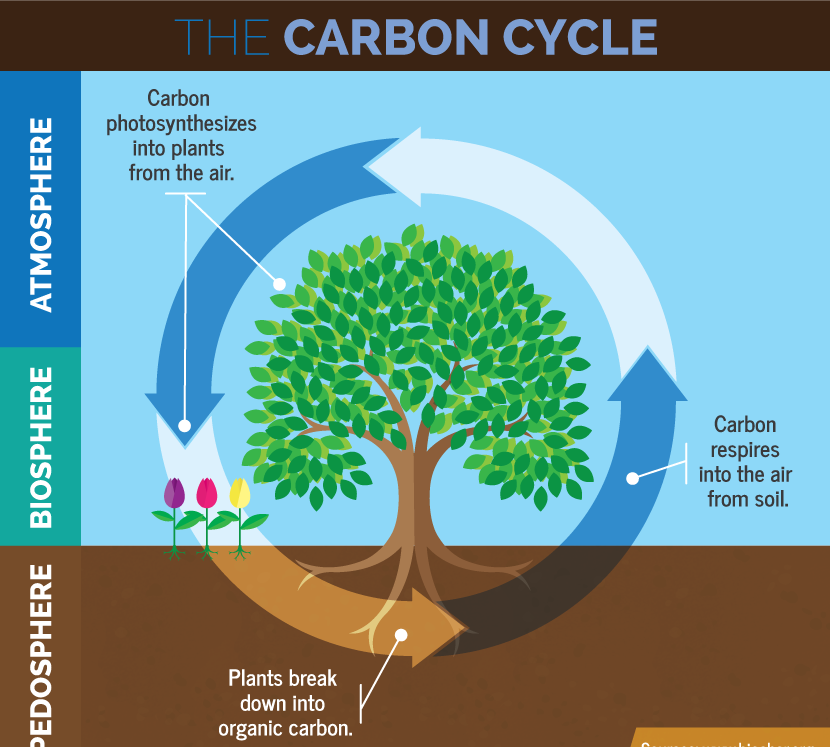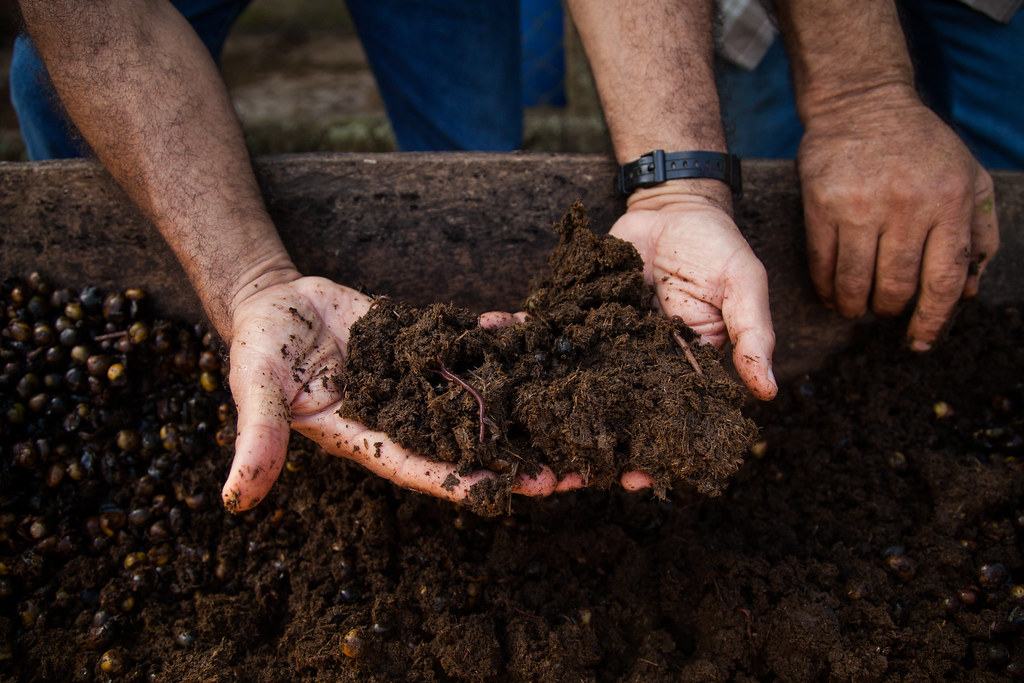The Carbon Crisis 🌍🚨
As carbon dioxide levels keep climbing in the atmosphere, the pressure’s on to find eco-friendly ways to capture and store that extra carbon. 🌿 Enter the soil superheroes: organic fertilizers. According to new research from Kansas State University (K-State), soil treated with organic fertilizers like manure and compost stores way more carbon than soil treated with chemical fertilizers. 💡🌾
How the Study Went Down 🔬🌽
Researchers analyzed soil from a no-till cornfield in Kansas that’s been treated for the past 22 years with different nitrogen management strategies: no fertilizer, chemical fertilizers, and manure/compost. Using the ultrabright synchrotron light at the Canadian Light Source (CLS) in Saskatchewan and the Advanced Light Source in California, they were able to take a deep look into how carbon gets stored in the soil. 🧬🔍
What they found? Soil enhanced with organic fertilizers (that’s manure or compost) not only held more carbon but also supported microbial life like a bustling underground city. 🌱🦠 Dr. Ganga Hettiarachchi, a professor of soil and environmental chemistry at K-State, was hyped about how the carbon locked itself into the soil’s pores and clung to minerals, giving us a sneak peek into the ultimate carbon-storage mechanisms. 💪💨

Why This Is a Game-Changer ♻️🧑🌾
Here’s the thing: organic fertilizers don’t just store carbon—they create a whole environment where microorganisms thrive. These little guys play a key role in improving soil health and making the soil even better at trapping carbon. 🤯
What’s more, the use of synchrotron imaging allowed researchers to examine soil clumps without breaking them up — meaning they observed the carbon chemistry as it naturally happens in the ground. It’s like getting to see soil magic in action. 🪄✨

The Bigger Picture: Sustainable Agriculture 🌎🍃
This study shows that using organic materials like compost and manure can seriously boost soil’s ability to lock in carbon, which is a major win for the environment. And it’s just the beginning. Studies like this are paving the way for sustainable and regenerative agriculture practices that not only protect soil health but also feed a growing global population. 🌍🍽️
By understanding the exact role of minerals, chemicals, and microbes, scientists will be able to improve predictive models and help farmers adopt better carbon storage techniques. 🌾🔮
🌟 TL;DR: Want to help the planet while boosting soil health? Organic fertilizers like manure and compost could be the key to storing more carbon and supporting a more sustainable farming future. 🌍💚
